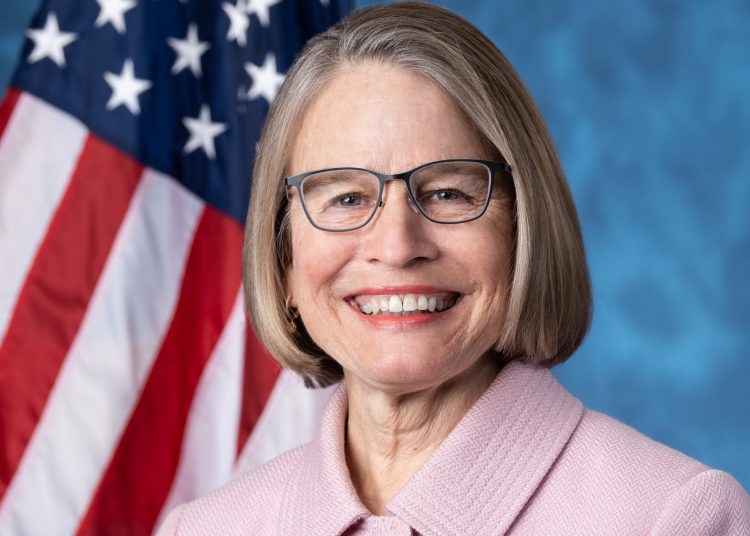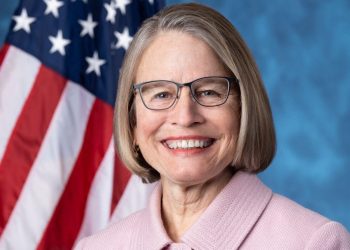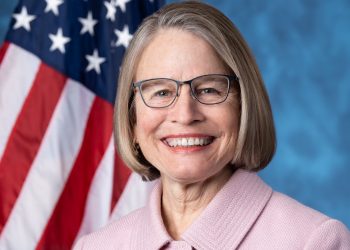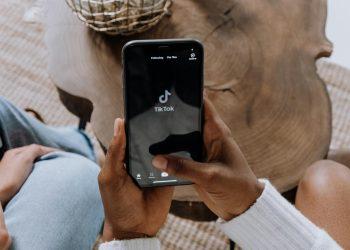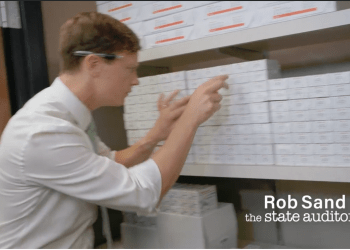September is National Suicide Prevention Month, a month dedicated to raising awareness of the invisible wounds many face and the resources available to help both veterans and civilians get the mental health help they need.
Serving in the Army for 24-years as a nurse and physician from the Vietnam era to the first Gulf War, I have seen many of my fellow veterans suffer from anxiety, depression, survivors’ guilt, and PTSD. For some American veterans who served in Afghanistan in the Global War on Terror, the recent events that have unfolded may leave some veterans feeling depressed, anxious, or even suicidal.
Because of the urgency of this matter, I joined several of my colleagues in calling the Veterans’ Affairs Chair Rep. Mike Takano to hold a hearing on the impacts the withdrawal may have on veterans’ mental health and how we can better improve the Veterans Crisis Line (VCL) through legislation like my Revising and Expediting Actions for the Crisis Hotline (REACH) for Veterans Act.
On top of improving resources such as the VCL, it is critical that we ensure veterans and civilians are aware of the resources available to them. If you are a veteran or know a veteran who is struggling, please reach out to the Veterans Crisis Line by calling 1-800-273-8255 and pressing one. If you are a civilian, the National Suicide Prevention Lifeline saves countless lives every year and can be reached 24 hours a day at 800-273-8255.
I want you to know that you are not alone and that there are people who care and are trained to help you in any mental health crisis you might face.
I encourage everyone to check in on your family and friends because sometimes the deepest wounds are the ones that you cannot see.



